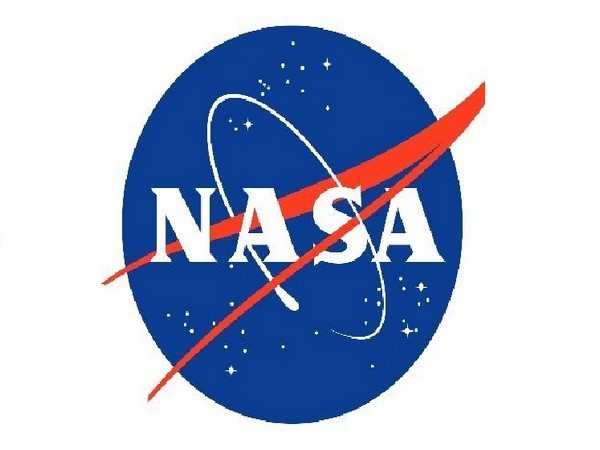Science News Roundup: Geologists uncover 'treasure trove' of dinosaur tracks in Poland; NASA's Webb telescope promises an 'amazing journey' for astronomy and more
The orbiting infrared observatory, designed to be about 100 times more sensitive than its Hubble Space Telescope predecessor, is due to blast off on Dec. 22 on an Ariane 5 rocket from a site in French Guiana on South America's northeastern coast. Vaccines appear weak at blocking Omicron infection; shots may reduce long COVID burden The following is a summary of some recent studies on COVID-19.

Following is a summary of current science news briefs.
Geologists uncover 'treasure trove' of dinosaur tracks in Poland
Hundreds of dinosaur footprints, so well-preserved that even the scaly skin can be seen, have been found in Poland, giving an insight into a complex ecosystem around 200 million years ago, geologists said. Described by the Polish Geological Institute-National Research Institute as a treasure trove, the fossilised tracks and bones were found in an opencast clay mine in Borkowice, 130 km (80 miles) south of Warsaw.
NASA's Webb telescope promises an 'amazing journey' for astronomy
It was finished years late at a cost far higher than planned, but NASA's James Webb Space Telescope due for launch next week may usher in a new era in astronomy as it gathers information on the universe's earliest stages, star formation, and whether planets beyond our solar system may be suitable for life. The orbiting infrared observatory, designed to be about 100 times more sensitive than its Hubble Space Telescope predecessor, is due to blast off on Dec. 22 on an Ariane 5 rocket from a site in French Guiana on South America's northeastern coast.
Vaccines appear weak at blocking Omicron infection; shots may reduce long COVID burden
The following is a summary of some recent studies on COVID-19. They include research that warrants further study to corroborate the findings and that has yet to be certified by peer review. Vaccines appear weak vs Omicron infection, better vs severe disease
U.S. Space Force holds war game to test satellite network under attack
The United States is testing satellite resiliency to threats from China and Russia miles above the earth's surface, just weeks after Russia shot down an aging communications satellite. The computer-aided simulations included potential shooting down of U.S. missile-tracking satellites, satellite jamming, and other electronic warfare "effects" that are possible tactics in space warfare. Actual satellites are not used.
Low staff vaccination tied to nursing home COVID deaths; experimental vaccine targets multiple coronaviruses
The following is a summary of some recent studies on COVID-19. They include research that warrants further study to corroborate the findings and that has yet to be certified by peer review. Staff vaccination rates tied to nursing home COVID-19 deaths
Russia hopeful of space rides from NASA to ISS from 2022 - agency head
Moscow expects NASA to start taking cosmonauts to the International Space Station again and is hopeful that cooperation can resume next year, the head of the Russian space agency was quoted as saying on Wednesday. Russia has been the only country capable of delivering people to the ISS since 2011, when the U.S. space agency retired its space shuttle and divert resources towards deeper space exploration.
(This story has not been edited by Devdiscourse staff and is auto-generated from a syndicated feed.)
ALSO READ
U.S. Judge Halts Tufts Student's Deportation Amid Political Tensions
Tensions Rise in the South China Sea Amid U.S.-Philippines Alliance
Near Misses: A Critical Look at U.S. Aviation Safety
Trump Administration's DEI Ban Extends to French Companies Holding U.S. Contracts
South Korea and China Unite Against Trade Challenges Amidst U.S. Tariffs










